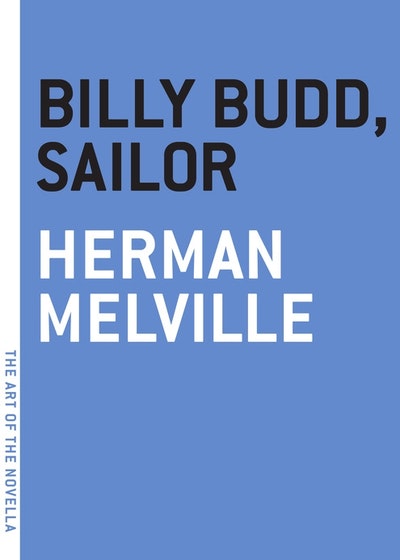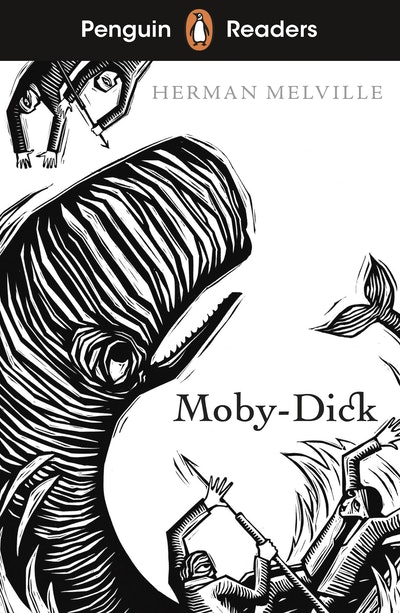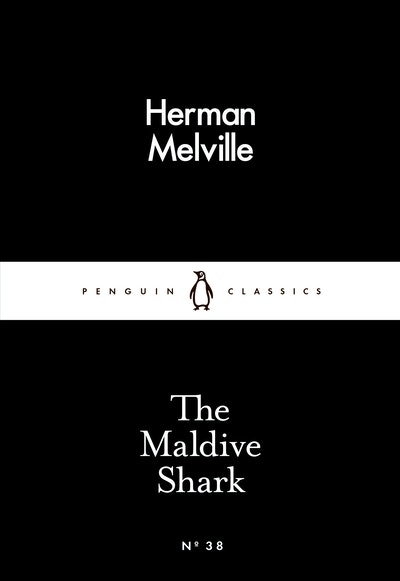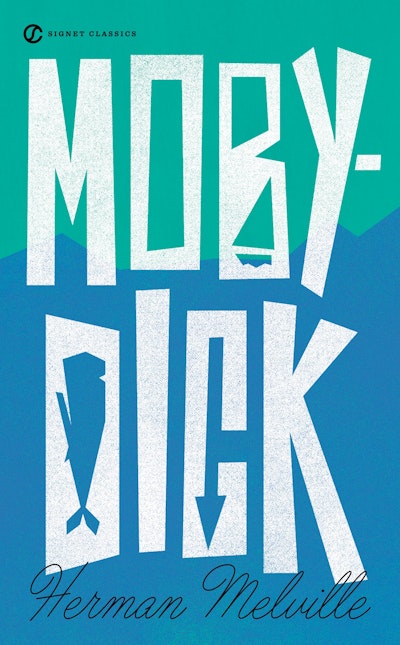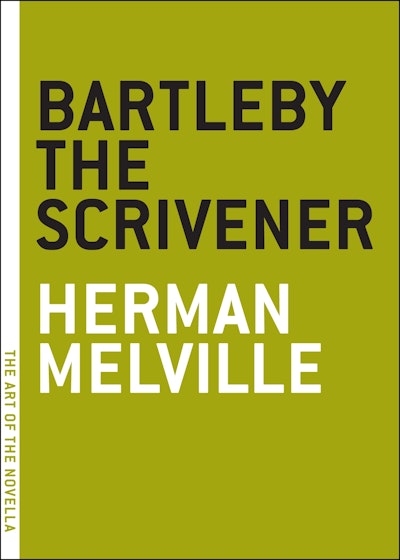[]
- Published: 15 December 2016
- ISBN: 9781612195858
- Imprint: Melville House
- Format: Paperback
- Pages: 144
- RRP: $29.99
Billy Budd, Sailor
Formats & editions
Buy from…
- Published: 15 December 2016
- ISBN: 9781612195858
- Imprint: Melville House
- Format: Paperback
- Pages: 144
- RRP: $29.99
"The most studied and admired of Melville's works except for Moby-Dick." --John Updike
"[A] late-life masterpiece." --The New York Review of Books
